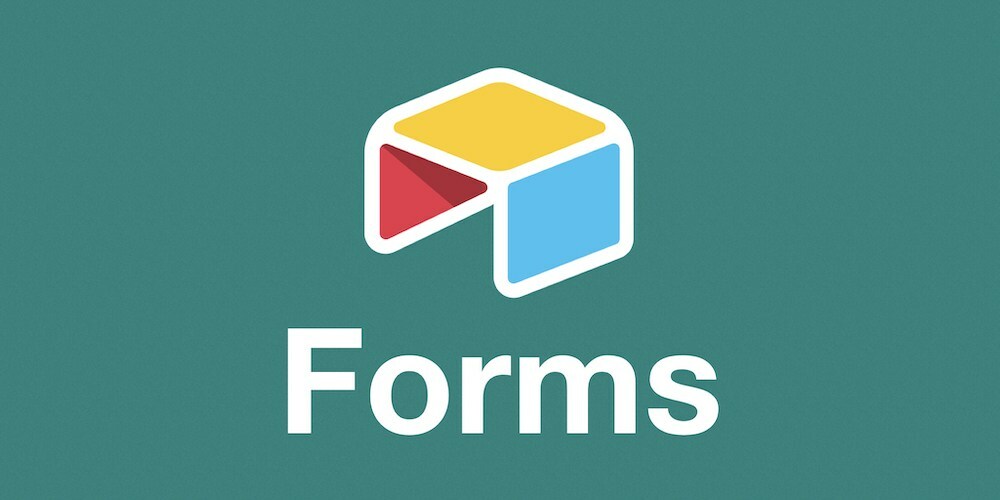I manage online content for multiple companies. I need a way to get feedback on content revisions from my client, but don’t want them to see any tables or data that is not specific to their company. For example:
Company A has 12 items. I have a view in a table that is specific to this company’s items.
I have edited two fields: 1. Title and 2. Description
I need to give them visibility to these fields, in addition to about 6 others that are reference only and static, but I also want to give them the ability to give feedback in a “Client Comments” field.
A shareable URL does not allow them to add “Client Comments”.
I think I could do it in a form, but am not sure how to filter it such that the form is ONLY Client A and the items/fields/values that are displayed (Title and Description) are ONLY for Client A.







